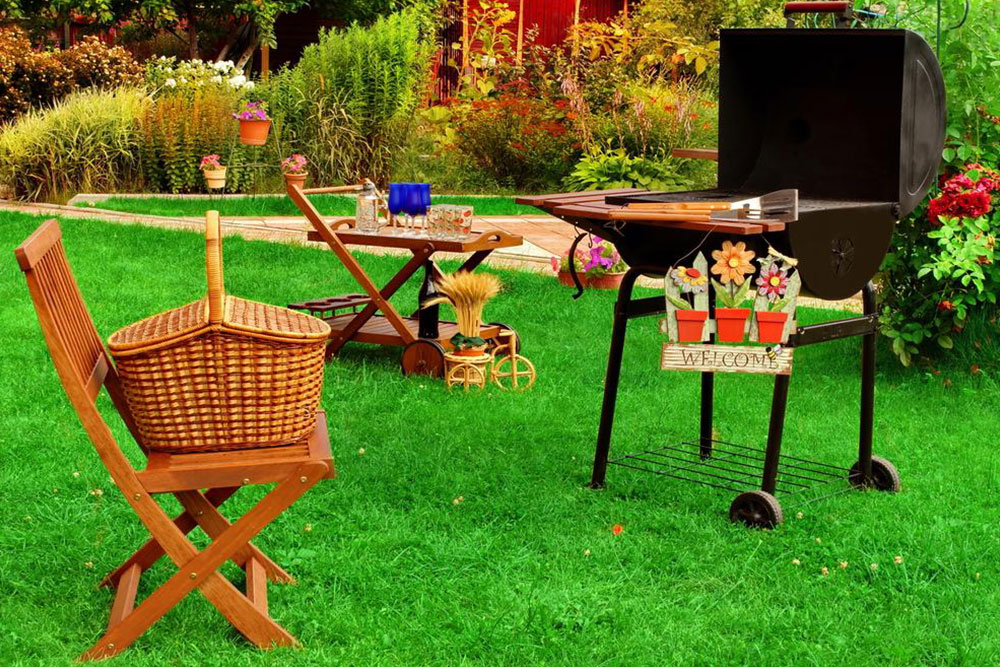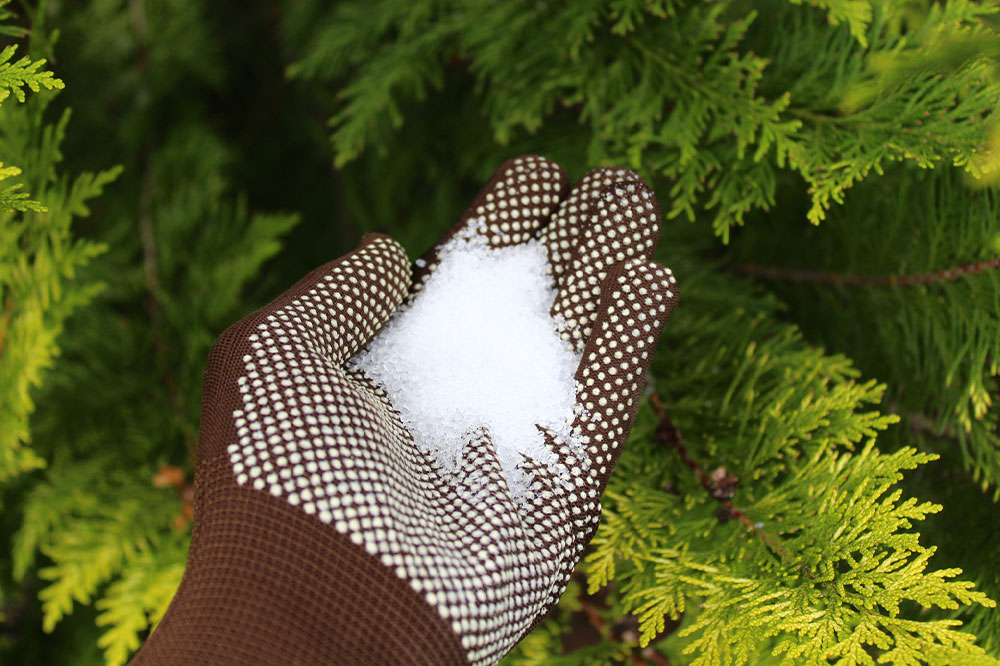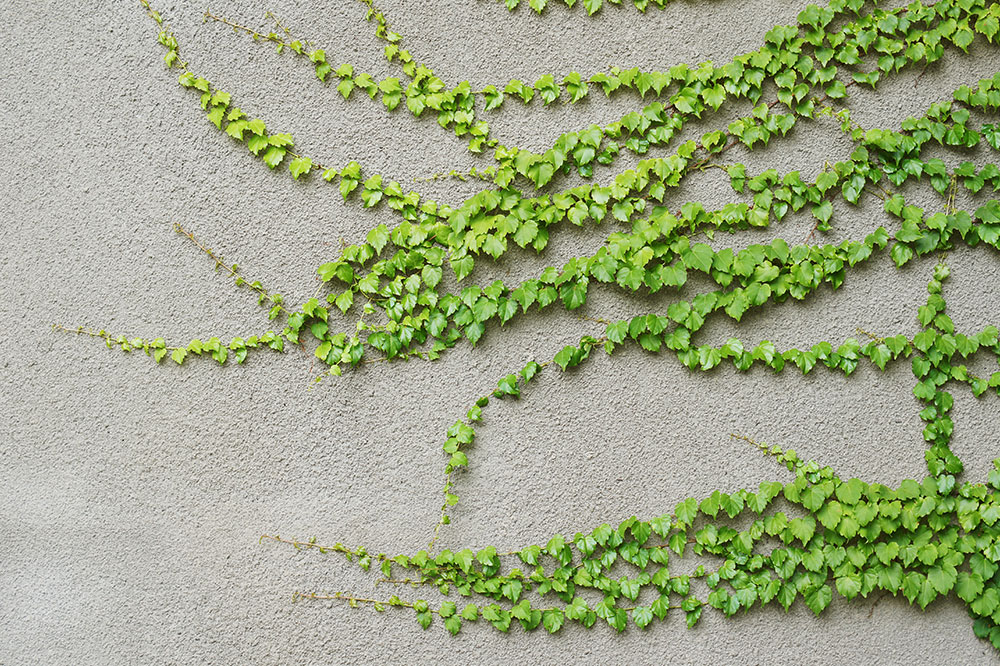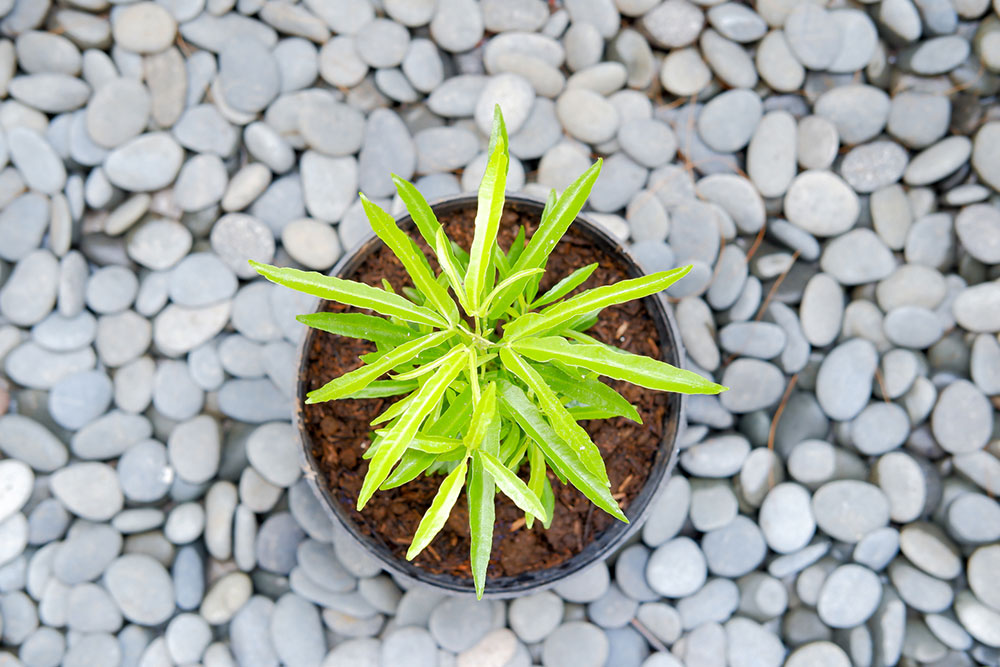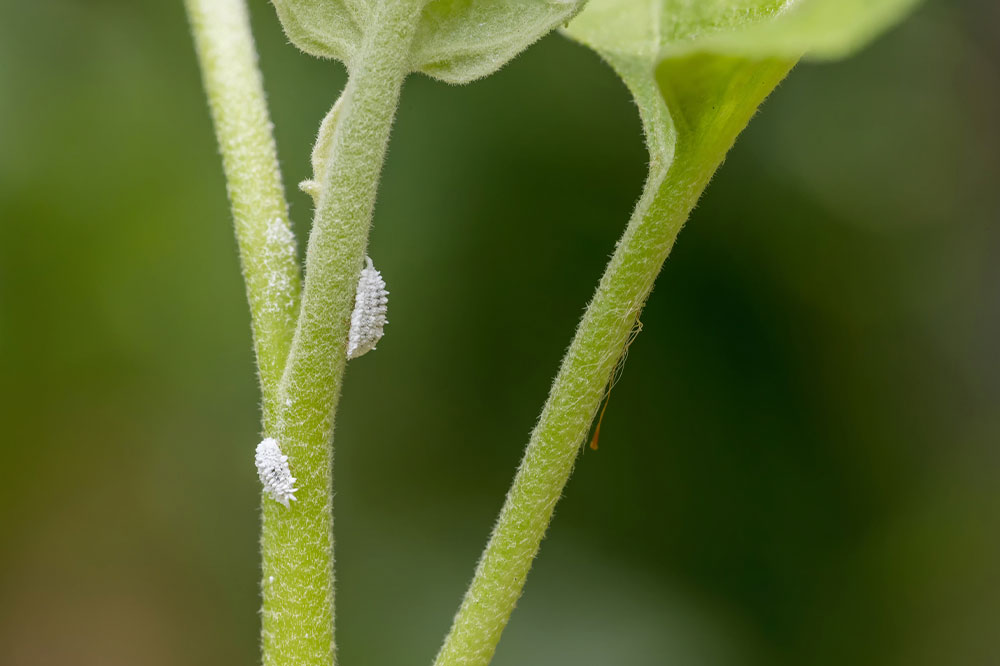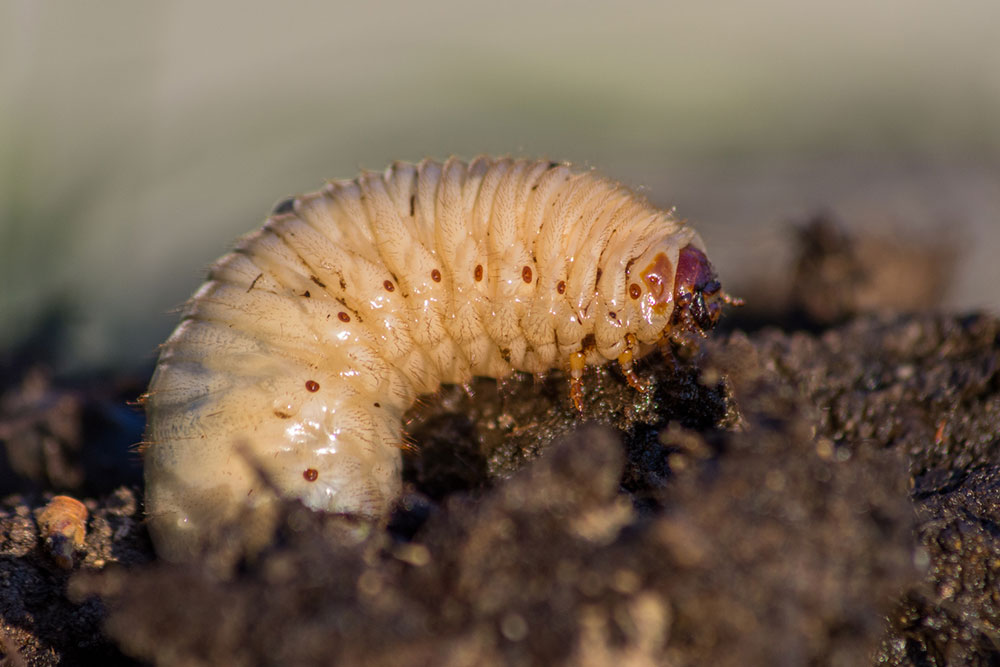Eco-Friendly Strategies to Eliminate Aphids from Your Garden
Discover effective, eco-friendly methods to control aphids naturally. This guide provides tips on attracting beneficial predators, planting companion crops, and using organic solutions like soap sprays, neem oil, and natural repellents. Protect your garden plants without harmful chemicals and promote a healthy, balanced ecosystem with simple, sustainable practices.
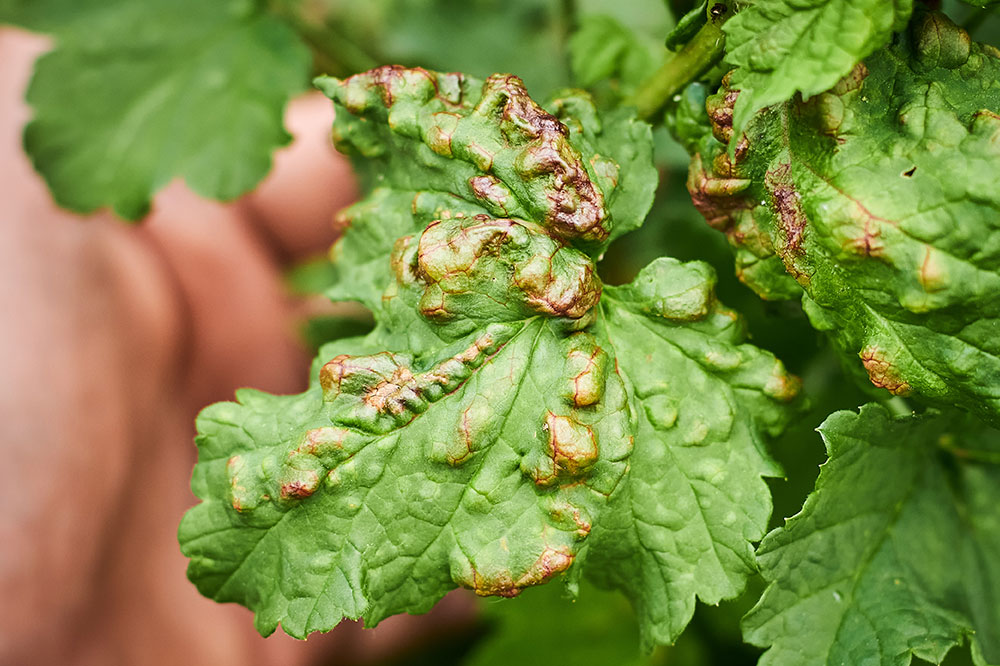
Eco-Friendly Strategies to Eliminate Aphids from Your Garden
Aphids, including varieties like black and green aphids, are tiny insects that draw sap from plants. Moderate aphid presence is typical and usually harmless, but large outbreaks can lead to yellowing leaves, hindered plant growth, and mold development. Employing natural methods to control aphids is essential for healthy gardens.
Signs of Aphid Damage
Aphids are often too small to see plainly. They can appear in colors such as white, black, brown, gray, yellow, light green, or pink, depending on the species.
Effects of aphid infestation include:
Deformed, curled, or yellowed foliage
Sticky honeydew that attracts other insects
Black mold growth on plant surfaces
Malformed flowers and fruits
Galls forming on roots and leaves
Spread of plant viral diseases
Preventing Aphid Infestations
Maintaining plant health involves proactive measures to deter aphid and pest development. Consider these strategies:
Introduce natural predators: Beneficial insects like ladybugs, lacewings, and parasitic wasps are voracious aphid eaters.
Create a welcoming environment for these beneficial predators by planting native trees and shrubs that attract birds such as wrens and chickadees, which also help control pests. Occasionally releasing cultivated ladybugs or lacewings can boost their populations.
Companion planting: Certain plants can repel aphids or draw beneficial insects:
To attract predators: Clover, mint, dill, fennel, yarrow
To deter aphids: Garlic, chives, onion, catnip (near sensitive plants)
To trap aphids: Zinnias, cosmos, mustard, nasturtium
Natural Methods to Control Aphids
Several organic approaches can help manage aphid populations:
Water spray: A strong jet of water can dislodge aphids from plants, especially when infestations are light. This method might not suit delicate plants.
Manual removal: Wearing gloves, pick off aphids and dip them in soapy water to eliminate them. Pruning heavily affected plant parts also helps.
Soap and water solution: Mix a few tablespoons of pure soap with water in a spray bottle. Apply to affected areas, focusing on undersides of leaves to target eggs and larvae. This safe homemade remedy kills soft-bodied pests without harming beneficial insects. Commercial insecticidal soap is also available.
Neem oil: Organic neem oil repels aphids and other pests like beetles and caterpillars but should be used cautiously, as it can affect beneficial insects.
Essential oils: Dilute essential oils such as peppermint, clove, rosemary, or thyme with water and spray directly onto aphids and their eggs. Their strong scents deter pests effectively.
Diatomaceous earth: A natural, abrasive powder that dehydrates aphids upon contact. Use sparingly to avoid impacting pollinators, especially when flowers are blooming.
Isopropanol: Mix with water and wipe down infested plant parts carefully. Repeat applications may be necessary for complete eradication.
Note: Our blog offers diverse information to help gardeners and plant enthusiasts. While research-backed, these tips should be used as part of an integrated pest management plan. Always consider the impact on beneficial insects and the environment when applying any treatment.

